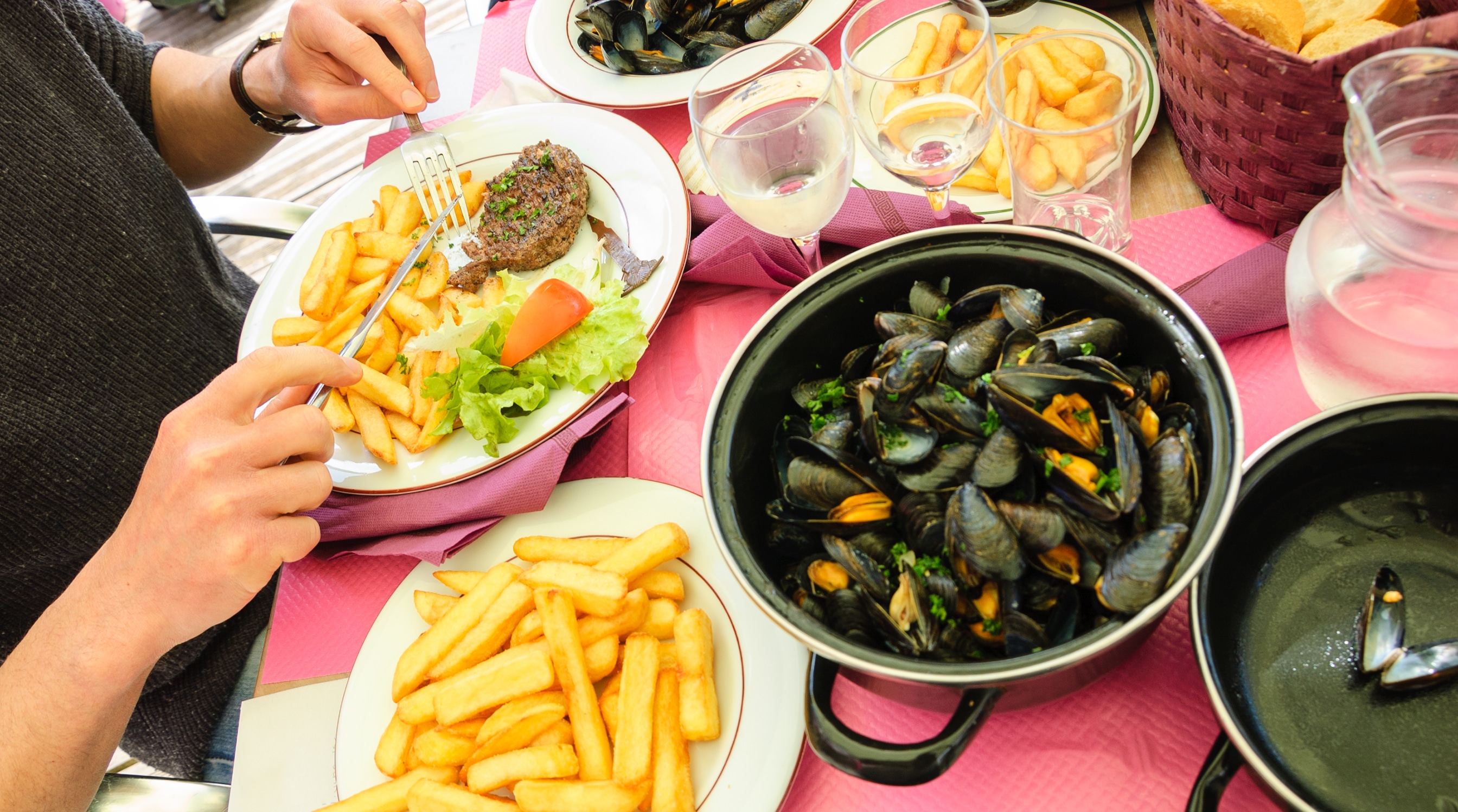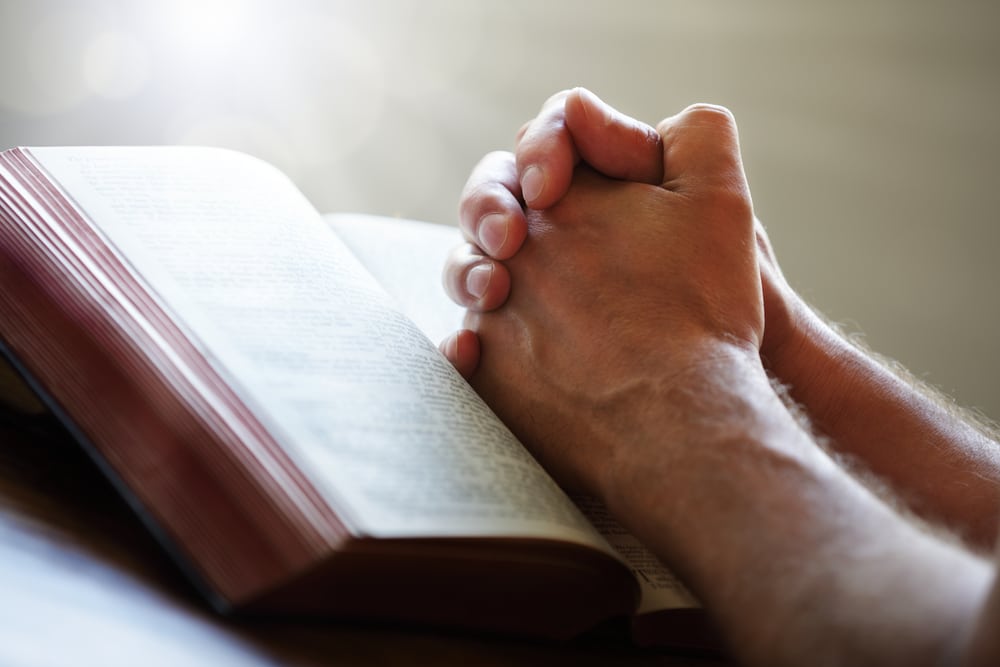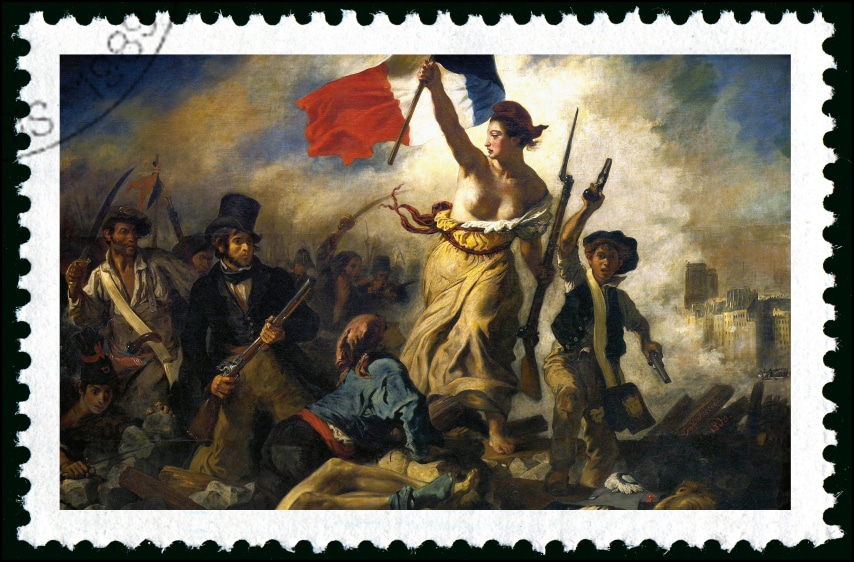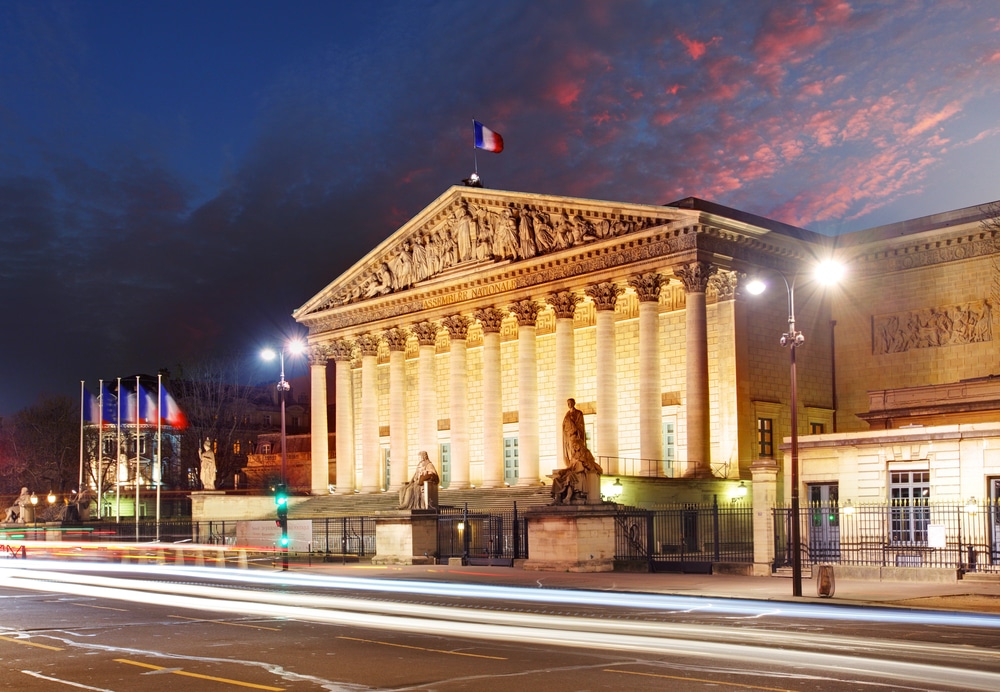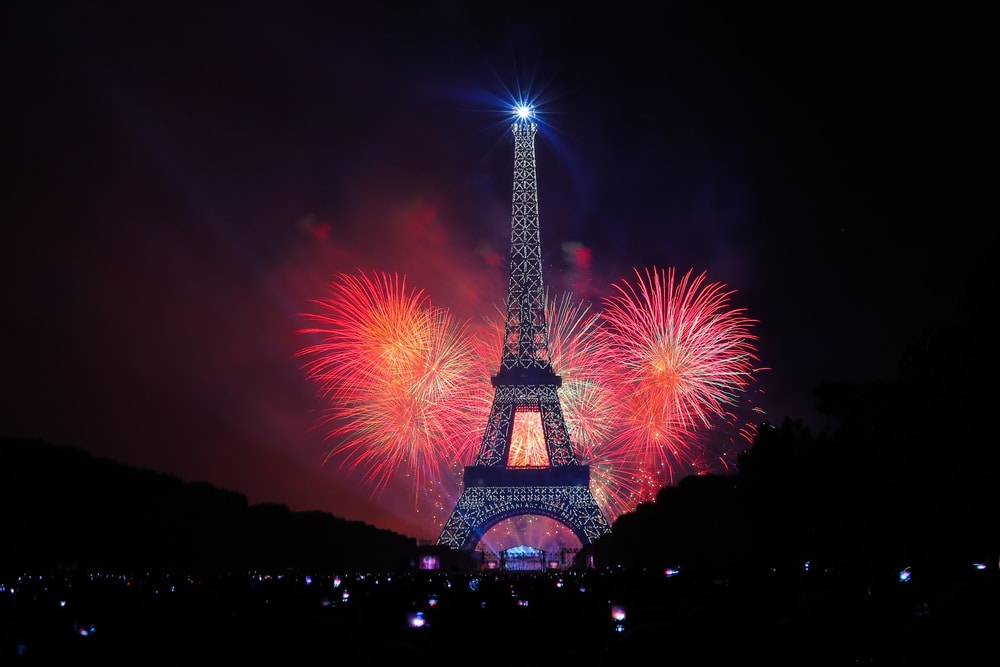
39 French Cultural Facts with Language Tips for Learners and Travelers
Whether you’re traveling to France, inviting a French person into your home or going on a date with a French hottie, it can be intimidating not to know what to expect.
This post will give you a better idea of what French culture is like and how you can respect it!
Contents
Download: This blog post is available as a convenient and portable PDF that you can take anywhere. Click here to get a copy. (Download)
What You Should Know About French Culture
French Conversations
1. How you say “you” matters
Formality, hierarchy and authority matter in French conversations.
To show your respect, refer to the other person using vous (formal you).
You will only ever use tu if you know the person really well.
If you are ever in doubt, use vous and the person will let you know if it’s okay to use tu instead.
2. Everyone says hello and goodbye
French is different from English in the way that you are always expected to give a greeting before proceeding with a question or statement.
If you approach someone and immediately ask a question, you will likely come across as rude. No matter how urgent the situation, make sure the first thing you say to a French person is “bonjour” or another greeting.
It’s also expected that you say goodbye when you leave a conversation.
3. People downplay compliments
In France, thanking someone after they pay you a compliment is viewed as extremely haughty.
It’s as though you’re saying, “Thank you, I know! Aren’t I gorgeous? I’m amazing!”
French culture places a big emphasis on modesty and humility, so rather than replying to a compliment with “merci,” try something along the lines of, “vous êtes trop gentille” (you’re too kind).
4. Natives should take the lead
When interacting with natives, let them take the lead and follow in what they do.
If they use tu, you can probably use it too. If they lean in for bisous, it’s best to greet them in the same way.
Really, in any situation when you’re not sure about what’s culturally correct, you can probably pick it up from watching the natives.
If not, you can also always ask!
French Education
5. French students are well-rounded
If you’ve met a French person before, maybe you noticed they were remarkably cultured and knowledgeable.
This is because the French education system places a heavy emphasis on teaching their students a wide range of topics including liberal arts.
From a young age, students learn the basics like reading, writing and arithmetic, but also theater, music, art appreciation and philosophy.
6. Philosophy class flavors French life
Speaking of philosophy, this subject is integrated into the curriculum at a young age.
Kids read the works of philosophers such as Jean-Paul Sartre, Albert Camus and Simone de Beauvoir.
With such an emphasis on philosophy, it’s no wonder that the culture tends to be very introspective.
While sometimes this means French people can seem a bit existentialist, we also see this reflected in the way that they value living simply!
7. Teaching methods are different
Teachers in French tend to be a little bit harder on their students than what we are used to in America.
Some teachers may use a bit of humiliation in an effort to motivate their students to do better.
Overall, French teachers generally may not be as gentle as other cultures, creating a common pattern of the French putting a lot of pressure on themselves to succeed.
Not all French teachers are so tough—some prefer gentler methods—but the general theme is that teachers are stricter.
8. French education is no longer held in such high esteem
For years, France’s education system was regarded as the third- or fourth-best in the world. Now, its reputation is slowly diminishing.
Students are getting lower scores on the Program for International Student Assessment (PISA) exam.
France is also facing backlash for failing to meet the needs of a variety of learners, particularly special needs students.
People complain that teachers are knowledgeable in their field but don’t seem to know how to teach.
9. School isn’t creative
French classrooms focus heavily on memorizing facts, completing worksheets and reading books aloud as a class.
So you may notice that the French have a tendency to emphasize critical thinking and analyzing over creative problem solving.
French Food
10. Bread is everywhere
Croissants and pain au chocolat (chocolate bread) for breakfast. Sandwiches made from baguettes for lunch. Rolls with dinner.
The French are a bread-obsessed group, and I must say, I love it.
Let’s be honest, bread is the best part of a meal in any country. But the French take it seriously.
11. The French drink water or wine with dinner
If you’re at a formal dinner, expect to drink water or wine!
12. Fish are served with eyes
If you’re a fish fanatic, prepare yourself. When you order fish at a restaurant, it’ll be served with the eyes.
The French serve fish this way to prove it’s fresh. If the eyes are cloudy, you know it isn’t fresh!
13. Cheese and meat are popular
Along with bread, you will see lots of options for snacking meats and cheeses.
If you see charcuterie on the menu, know that this means a meat and cheese plate (although it may sometimes mean only meat, so be sure to ask).
14. Organ meats are on the menu
French people tend to eat every part of an animal.
Expect to see your fair share of les ris de veau (sweetbreads, better known as pancreas) and pâté de foie gras (goose liver paste).
French Dining Etiquette
15. You’ll eat in courses
If you eat at a restaurant or are a guest in a French person’s home, expect to eat multiple courses.
Granted, you’ll eat slowly and they’ll be small portions. But prepare yourself!
Most meals involve three courses.
16. Group meals are long
With all those courses and bottles of wine, French people like to prolong the experience of a good meal with people they enjoy.
If you go to a French restaurant, especially with a group, don’t be in a hurry.
An hour is the absolute minimum you’ll spend eating.
17. The French indulge, but they don’t binge
The French appreciate good and, yes, sometimes fattening food. But they often eat it in small portions and in moderation.
18. Their evening meal is light
In general, the French prefer to eat a hearty lunch and light dinner.
While sometimes a dinner may be a social event that includes more food, the French tend to have their big meal of the day at lunchtime.
19. People know how to wield a knife and fork
The French will eat almost everything with a fork and knife, even a pizza or fries!
This mostly applies to sit-down meals, so you’ll see more finger foods at a picnic.
20. There’s no bread plate
While most meals come with bread, you usually aren’t given an extra plate to put it down on in between bites.
You simply place your bread on the table, to the top left of your dinner plate.
French people also generally don’t put butter on their bread at mealtimes.
French Fashion
21. People own few outfits
“Less is more” is a big concept in French fashion.
The French value minimalism and tend to invest in nice basic pieces that are easy to mix and match.
Accessories are used to add some spice to their outfits.
22. The French wear dark and neutral colors
Wearing dark and neutral colors is a classic French staple.
This applies more so to big cities and the wintertime.
In summer and in the south of France, people typically wear softer or brighter colors.
23. The French don’t dress down
The French like to present themselves nicely all the time, because their style is a direct reflection of who they are.
They may not have to dress particularly fancy, but they will always leave the house with a casual but neat appearance.
You will probably never see a French person in sweatpants or athleisure in public.
24. Style is personal expression
Maybe you’ve heard that French people have a certain je ne sais quoi (I don’t know what) about them.
A lot of this comes from their self-confidence.
French people tend to know exactly what their style is and wear the heck out of it with no evidence of doubt!
French Religion
25. Religion isn’t a priority for many
The French aren’t a particularly religious bunch.
While you will still see some traditional values and people that go to church, religion is not held as dearly as it is in some other cultures.
Especially among younger people, you probably will meet a lot of French who either don’t prioritize religion or just downright don’t believe in it.
26. Catholicism is popular
No, religion isn’t a big deal in France. But where it is prevalent, Catholicism is the most common.
83% of French Christians consider themselves Catholic.
27. Religion has affected art
Although the French aren’t into religion, they do appreciate art.
While younger folks might be more into modern and funky art these days, bring up Gothic and Renaissance art to the older generations, and they’ll know plenty. Artists from these periods drew their inspiration from religion and church, so art aficionados will be able to talk about religion, or at least religious symbolism, to some extent.
French History
28. The French Revolution was a big deal
The French Revolution, also called the Revolution of 1789, was a watershed event not just in French history, but in world history.
The Revolution sought to decrease the inequalities between the poor tiers état and the rich aristocracy, monarchy and clergy.
The revolutionaries overthrew the French monarchy and paved the way for democracy.
Understanding the French Revolution is as crucial to understanding modern-day France as understanding the American Civil War is to understanding the present United States.
29. France has a colonial past
Like many European countries, France has a colonial past. This means that there are many other countries that speak French today, including many African nations.
The French term for the wide span of countries that speak French outside France is Francophonie, a generalization that includes Switzerland, Belgium, Canada and former colonies.
30. France was occupied by the German army during World War II
In June 1940, France surrendered to the German army, offering up the northern part of the country to the occupying German government and moving a provisional and collaborationist government to the south.
This government was called Vichy and ended the 3rd French Republic.
31. The collaboration with Germany during World War II is now more openly discussed
France kept its collaboration with Germany as quiet as possible for some time. Starting with the 50th anniversary of the end of World War II, it has been discussed more and more openly.
It’s worth investigating some French media on the subject. For example, the film “La rafle” (The Roundup) highlights France’s treatment of French and foreign Jews incredibly well.
32. The French Resistance helped liberate the country in 1945
The French Resistance during WWII was an underground movement of several groups including Communists and Gaullists. They were loyal to General (later President) Charles de Gaulle, who had exiled himself to London.
The Resistance helped the allies of the United States and England to liberate France from German occupation in 1945.
French Government & Politics
33. France is a republic
The current French government is the 5th incarnation of a republic since the monarchy was disbanded.
The first French republic came about after the French Revolution in 1789.
34. The motto of the French Republic is Liberté, Égalité, Fraternité (Liberty, Equality, Fraternity)
These values stem from the writings of the Lumières, a generation of 18th century writers including Rousseau and Voltaire. They highlighted equality and liberty above all.
Learning about these values, particularly the way that they developed during the French Revolution, can help you understand many French current events.
The official website of the Elysée Palace has an entry for the history of the motto.
35. Immigration is a touchy subject
Immigration is a difficult issue in France today, particularly because extreme instances of violence against the police have been ongoing within the poor immigrant and 2nd degree immigrant communities for several years.
However, there are other instances of immigration that have been quite positive in France.
Before drawing any of your own conclusions, it’s important to understand the history of France’s relationship with Algeria, other North African nations and other former French and Belgian French-speaking colonies in Africa.
36. France is a truly secular state
While the United States enjoys some separation of Church and State, in France, religion is considered, both culturally and politically, to be a private matter.
This means that today, in France, it would be unheard of to hear the President bless the French people.
On a smaller scale, anyone working for the State (including in French public schools, post offices and police prefectures) is forbidden from wearing any outward sign of religion.
French Holidays
37. They celebrate May Day
May Day is a celebration of the country’s workers that takes place on May 1st, similar to the American Labor Day.
Most things are shut down on this day and French workers receive a day of vacation.
French people also give out Lilies of the Valley or take them to loved ones’ graves on May Day.
38. Never forget July 14th
If you’re in France on July 14th, consider yourself lucky!
This is Bastille Day, or France’s national holiday that celebrates the peasants who fought to bring down the French monarchy in 1789.
You’ll likely see lots of fireworks and parades if you’re in France on July 14th.
39. Christmas and Easter are popular
Earlier, I mentioned that religion isn’t particularly relevant in France. People don’t typically go to church or mass every Sunday.
But on Christmas and Easter, those pews are packed!
In fact, celebrating these holidays might be a way for you to bond with French people.
Like many Western societies, the French hunt for eggs on Easter and display the nativity scene for Christmas.
Tips for French Cultural Interactions
- The younger crowd is likely to be more relaxed about traditional French social guidelines than their grandfathers or your French boss would be.
- Use your French as much as possible. You learn best through application and learning from your mistakes.
- Don’t be afraid to ask for clarification. You’ll never know any better until you ask your questions and hear the right answer from a native speaker.
- Just try your best. You will make mistakes, but as long as you are clearly doing your best, most French will be very forgiving and helpful.
To see some French culture in action, authentic French content can help you reinforce what I’ve covered today and more.
From movies on streaming platforms like Netflix or media clips on the video-based language learning program FluentU, you’ve got lots of resources for learning about the language, customs and norms.
Of course, there is a whole lot more to French culture than what’s on this list, but now you’re closer to understanding and being able to appreciate it even more!
Download: This blog post is available as a convenient and portable PDF that you can take anywhere. Click here to get a copy. (Download)


